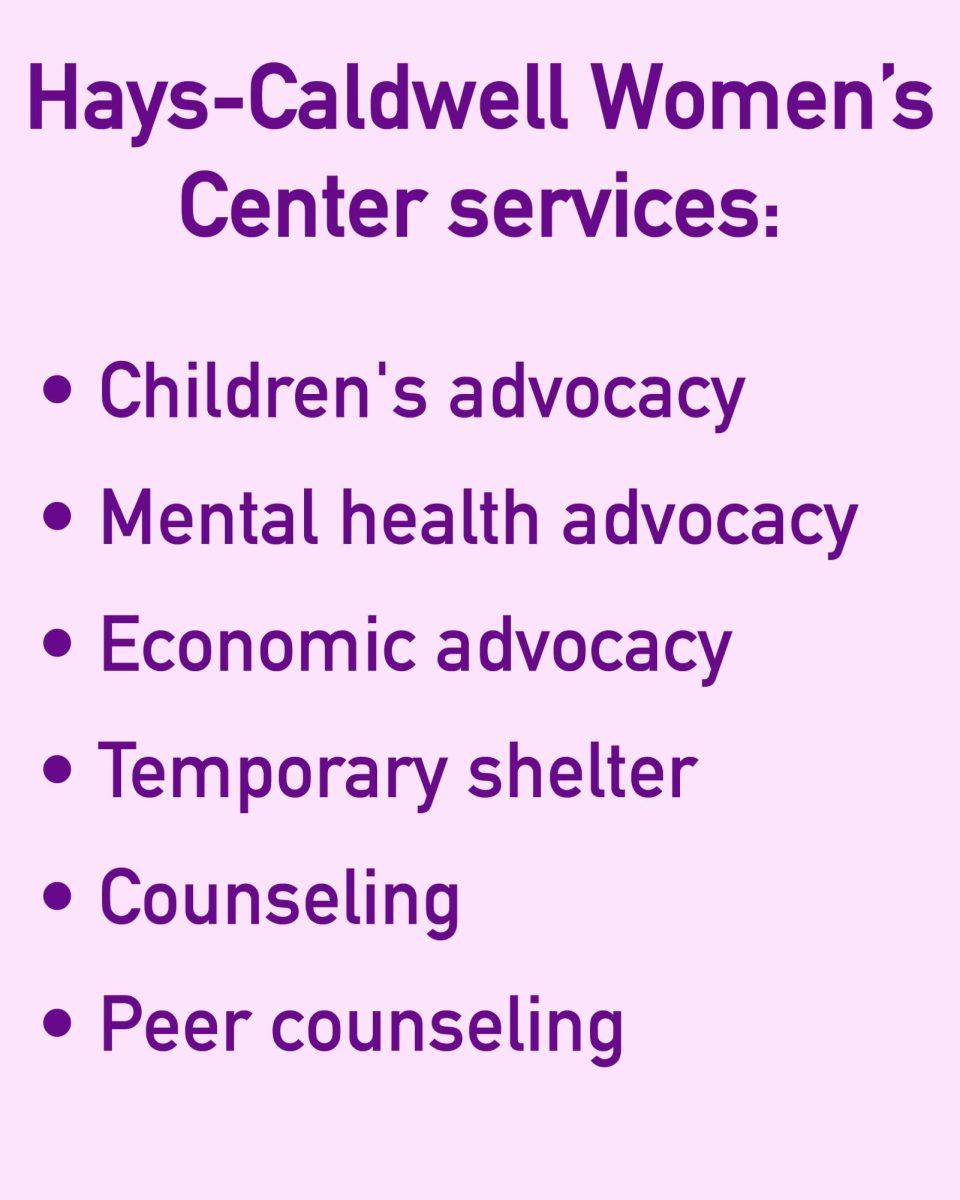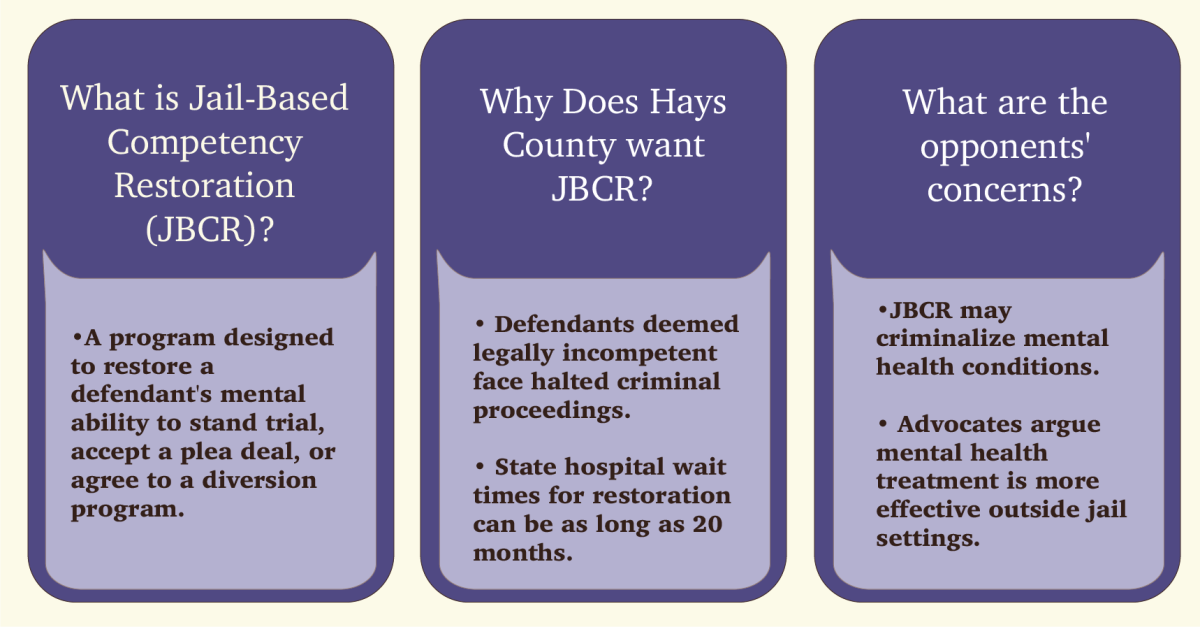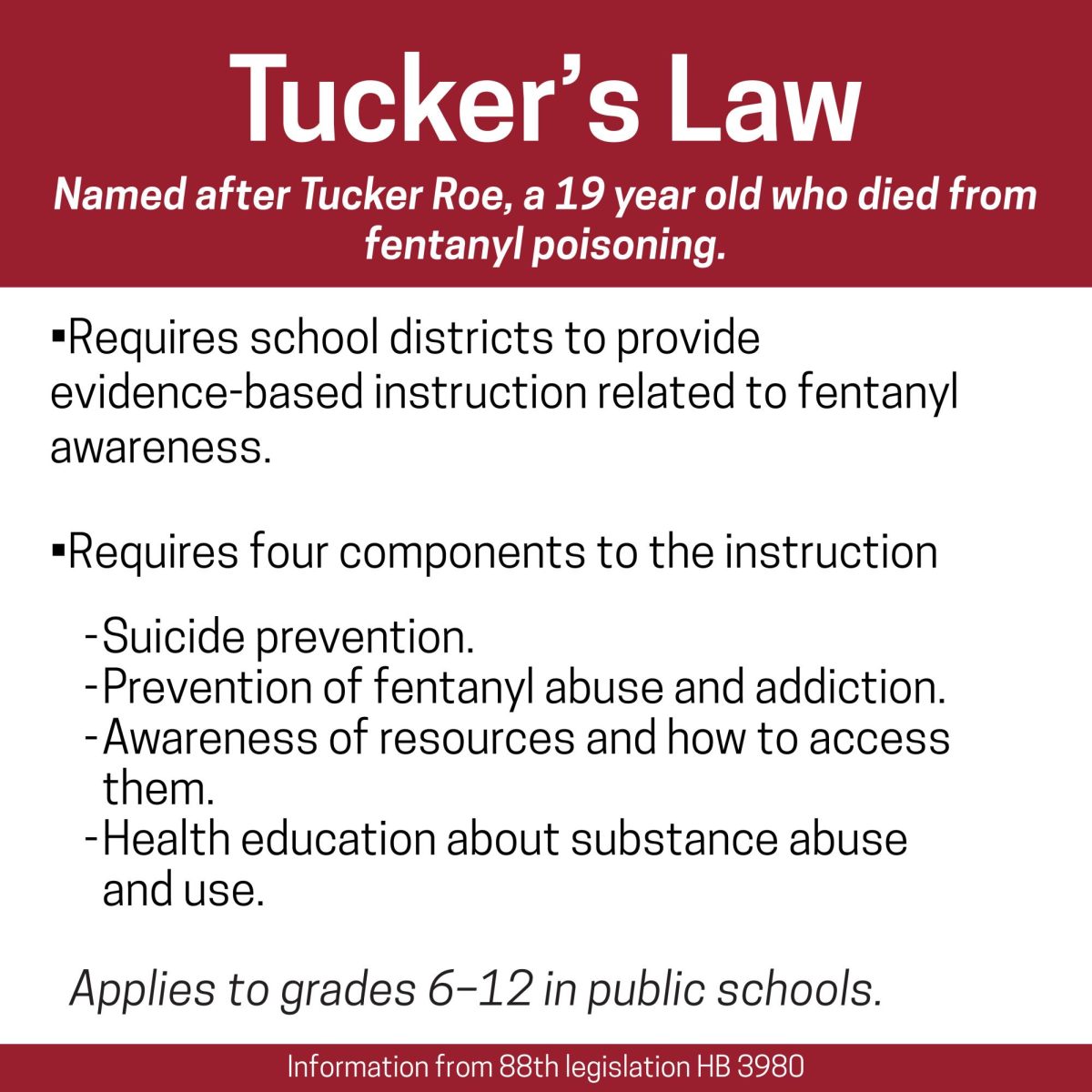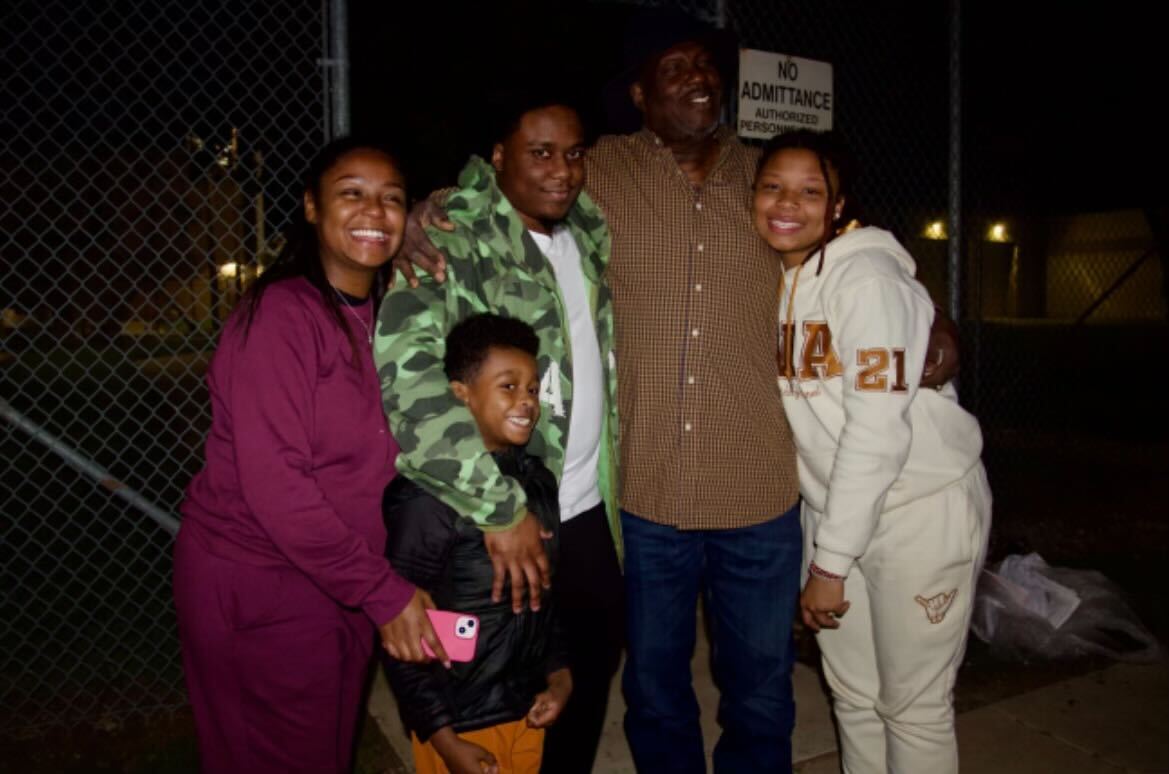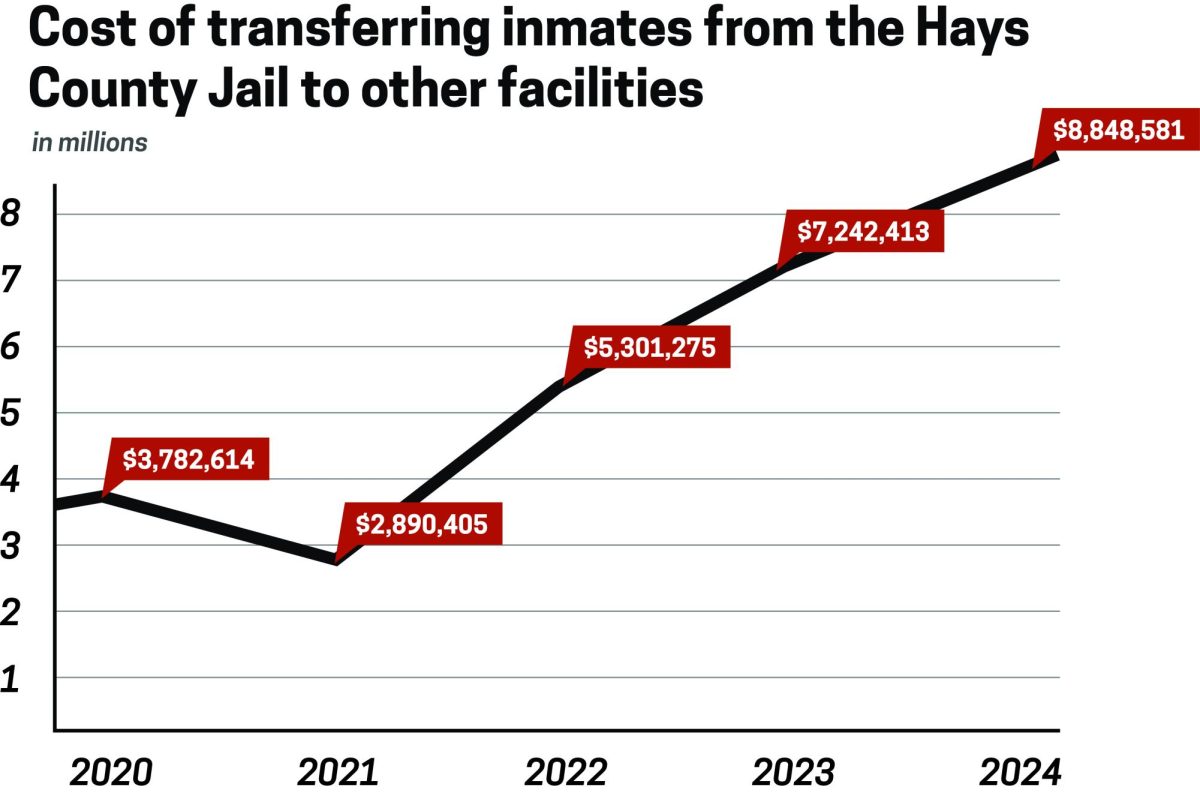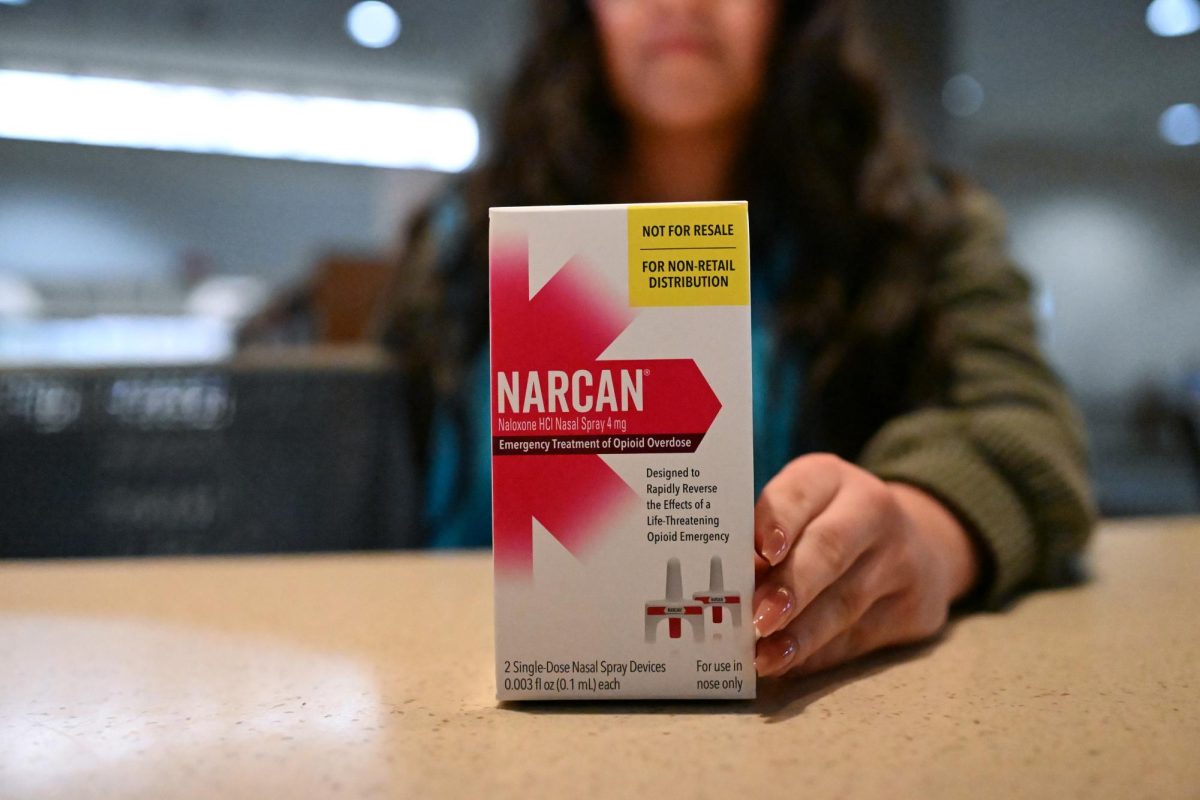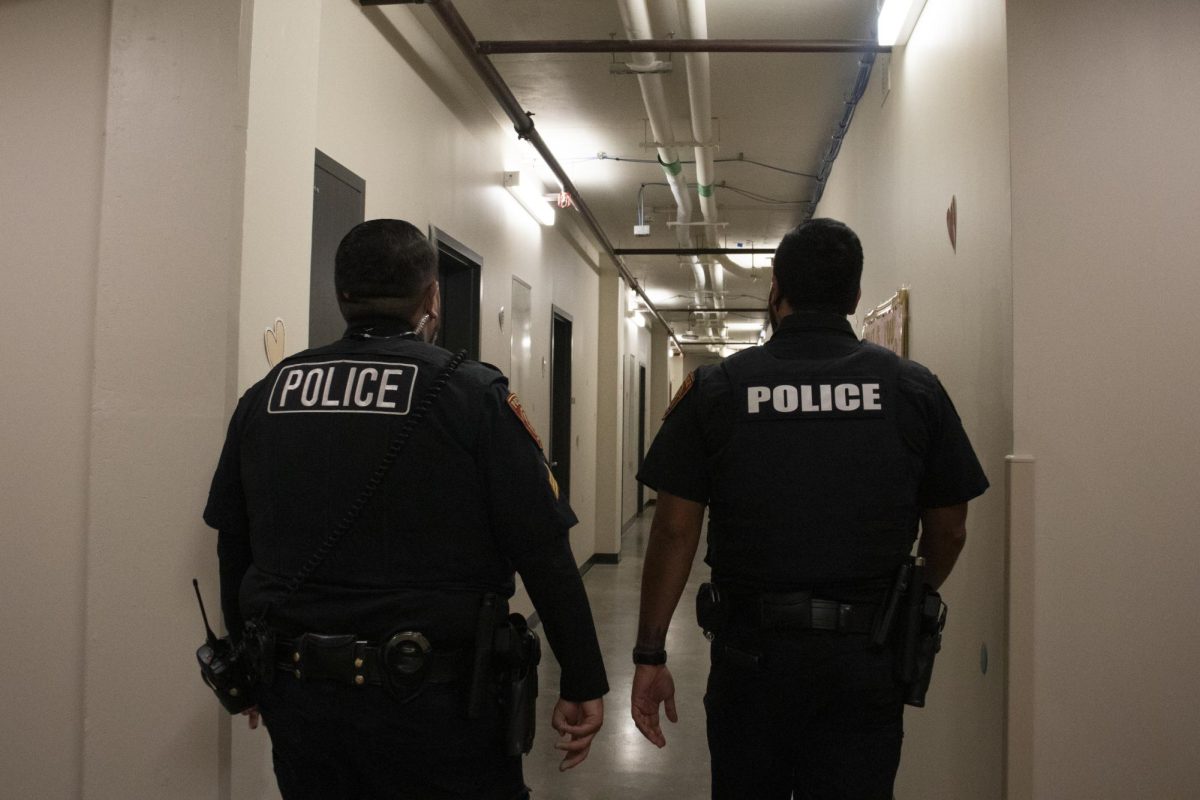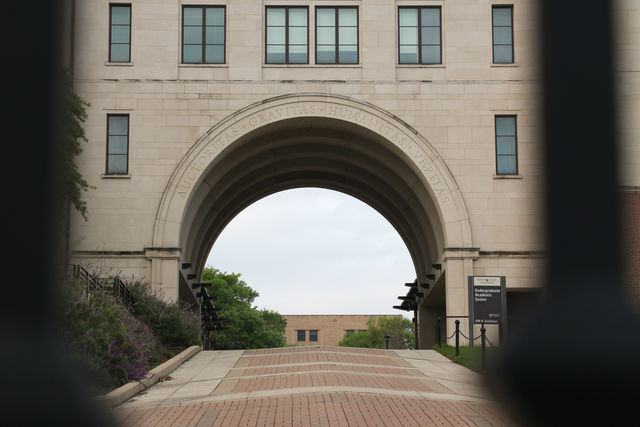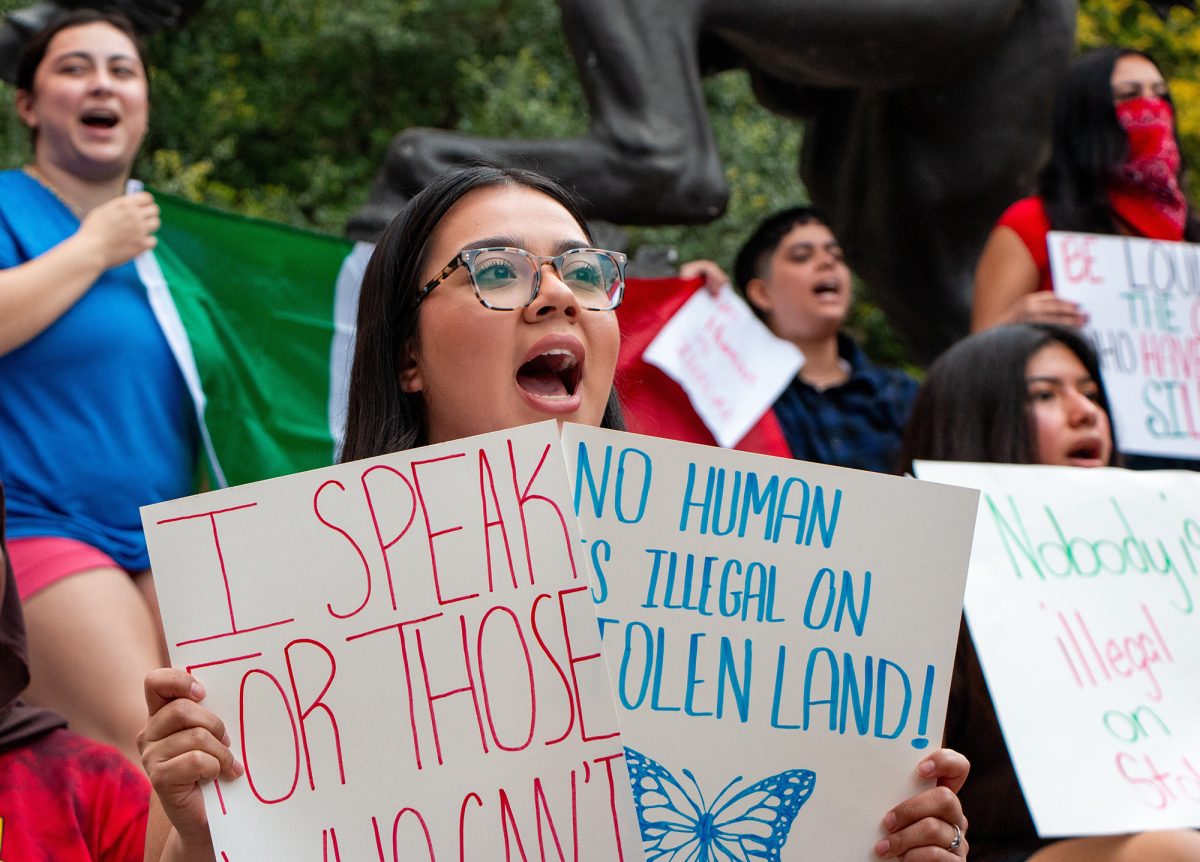Texas Senate Bill 1841 (SB 1841) updated standards for family violence shelters like the Hays-Caldwell Women’s Center (HCWC), mandating they formalize their existing practices to remain operational in the state, effective Sept. 1.
Centers like the HCWC, the only family violence shelter in San Marcos, are now required to provide trauma-informed training for their staff while offering voluntary support services for survivors. This means victims cannot be forced into care by others or be required to use specific services to receive shelter, according to SB 1841.
“Trauma-informed in regard to a service or service model means that the service… is provided in a manner that recognizes and responds to the signs and symptoms of trauma… to a victim of family violence to better support the victim and promote the victim’s choice, trust, dignity, connection and healing,” the SB 1841 law stated.
Melissa Rodriguez, CEO of HCWC, said SB 184 heightened the expectation for centers like hers to provide trauma-informed care.
“These standards formalize the current practices of HCWC,” Rodriguez said. “So [SB 1841] means that we’re going to be more intentional about how we’re [providing care].”
SB 1841 mandates centers provide not only temporary shelter but also a range of services for victims, including economic support, mental health care, child and housing advocacy, as well as peer and professional counseling.
One of the key issues addressed by the law is the requirement for violence centers to implement trauma-informed care practices.
According to its website, HCWC is a “non-profit that offers free and confidential services… to victims of family violence, dating violence and child sexual abuse who live, work or attend school in Hays and Caldwell Counties.”
Before this bill passed, all HCWC staff were trained to provide trauma-informed services. Now, Rodriguez herself will be undergoing extra trauma-informed training.
Individuals are able to anonymously seek temporary housing and trauma care from the center without the fear of being reported to law enforcement or other legal organizations such as Child Protective Services (CPS).
Rodriguez said while most of the newly mandated services were already in place at HCWC, the center will now begin the process of adding peer counseling to its programming.
Dr. Christine Norton, a social work professor at Texas State and an expert in trauma recovery, said violence centers such as HCWC are a vital part of trauma recovery.
“[HCWC] provides safety and stabilization, which is literally the first phase in the model of trauma recovery, safety and stabilization, and I think that’s something [HCWC] does really well,” Norton said.
According to Norton, trauma-informed care ties directly to voluntary care by honoring the wishes of victims and minimizing any possible coercion a victim could face in receiving treatment.
Rodriguez said she hopes the law will help clear misconceptions about seeking care from violence shelters.
“People have a lot of misperceptions about what happens behind our doors,” Rodriguez said. “So this will give us an opportunity to… really talk about ‘this is what you can expect [from HCWC]’.”
Resources such as HCWC and the standards they uphold in voluntary trauma-informed care can be especially important for college students, according to Norton.
“Not everyone that goes to Texas State is from San Marcos — a lot of people are away from home,” Norton said. “So I think it’s just as important that university students know about campus resources… like our university counseling center, but that they’re also familiar with what resources exist that are available to them in the community.”
Rodriguez said that HCWCs are available for Texas State students. Students or Hays County residents are able to call 512-396-4357 to contact HCWC for its support services.


